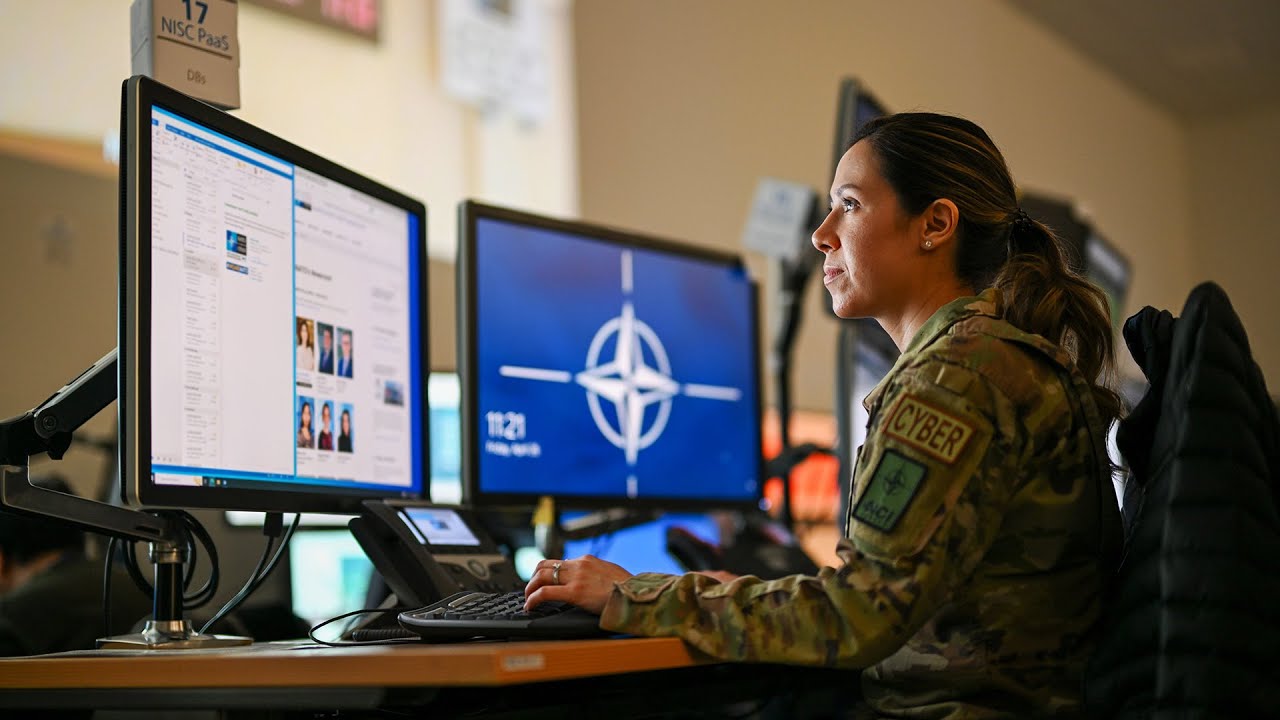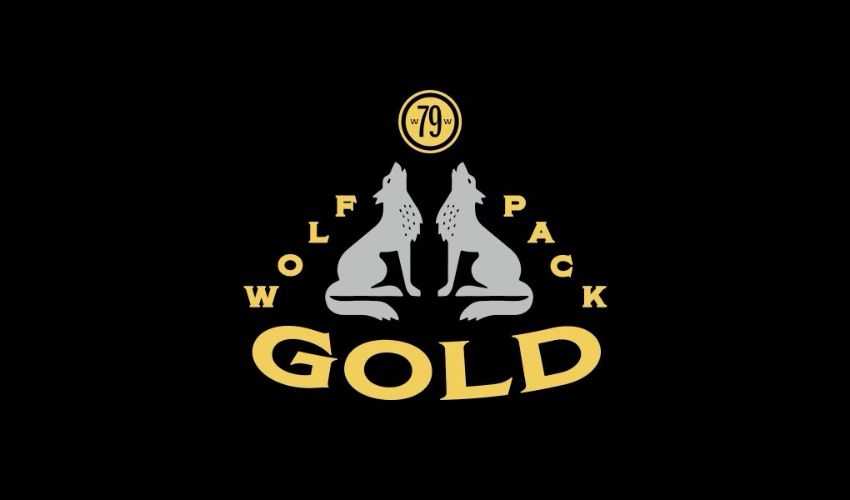NATO announced a Palantir partnership to acquire the controversial Maven Smart System – an effort to complete a NATO “digital transformation”.
In late March, the North American Treaty Organization (NATO) Communications and Information Agency (NCIA) and Palantir Technologies Inc. announced a new agreement for the Palantir Maven Smart System NATO (MSS NATO) to be deployed by NATO’s Allied Command Operations (ACO).
Palantir was co-founded by Alex Karp and Peter Thiel, the Technocrat-Zionists who also happen to be Steering Committee members of the Bilderberg Group.
The new deal will see NCIA partner with Supreme Headquarters Allied Powers Europe (SHAPE) and Palantir to deliver Maven Smart System NATO to the Warfighter. A move which NCIA general manger Ludwig Decamps says will provide “customized state-of-the-art AI capabilities to the Alliance” and allow NATO to “operate effectively and decisively.”
The Maven Smart System (MSS) uses AI-generated algorithms and memory learning capabilities to scan and identify enemy systems.
Palantir’s MSS NATO makes use of “cutting-edge artificial intelligence (AI)” for core military operations, including using large language models (LLMs) for generative and machine learning.
Shon Manasco, Senior Counselor at Palantir Technologies, said the arrangement with NCIA and SHAPE will “bolster deterrence by deploying an AI-enabled warfighting platform”.
General Markus Laubenthal, SHAPE Chief of Staff, said Maven will allow NATO to be “more agile, adaptable, and responsive to emerging threats”.
SHAPE is the headquarters and commander of NATO’s ACO based near Mons, Belgium.
Breaking Defense reported on the new partnership, noting that “NATO has been bedeviled for decades by its member nations using incompatible technology, ranging from secure radios that can’t communicate with foreign models to fuel nozzles that don’t fit in foreign tanks.” Maven is expected to combine databases which were previously “siloed” or separated and streamline coordination and planning across NATO’s 32 member states.
While NATO’s purchase of Palantir’s MSS is new, the Maven system has already been in use by certain US military outfits, including the Joint Staff in the Pentagon, the Stuttgart-based European Command, and in the Ukraine-Russia conflict the US has used Maven to spot Russian defense outposts. In April 2024, Palantir was also awarded a $480 million deal by the Army for the MSS.
The financial details of the arrangement have not been publicly disclosed, but, as The Financial Times notes, “it is likely to be one of Palantir’s most significant” military contracts of 2025.
The NCIA itself is part of the broader organization of NATO. A promotional video on the front page of the NCIA website says the agency’s job is to connect “every corner of the Alliance” to help it maintain its “technological edge”.
The website also states, “NCIA reinforces NATO’s ability to adapt to emerging challenges by providing cutting-edge technology and innovation, and fostering NATO’s digital transformation.”
Part of this digital transformation includes “modernising the NATO Digital Backbone” with the use of “sensors, effectors and deciders across military and political domains”. NCIA does this by “fostering technology” and “supporting pro-active and reactive cyber-security”.
NCIA also discusses helping NATO embrace “emerging and disruptive” technologies such as 5G, or 5th Generation wireless technology.
“5G and beyond technologies may bring new opportunities to the military in many areas, such as capability development, interoperability and communications resilience,” the agency writes. They aim to use 5G to “facilitate interoperability in multinational scenarios.” NCIA notes that these services have already been used in Latvia to “connect a variety of autonomous devices such as drones and land platforms, seamlessly, over long distances.”
They also discuss the use of so-called quantum technologies, such as quantum computing and quantum key distribution.
Google’s Project MAVEN Resurrected by Palantir
Palantir’s Maven Smart System is based on the original project Maven established in a memo by the U.S. Deputy Secretary of Defense on April 26, 2017. The memo was titled, Establishment of an Algorithmic Warfare Cross-Functional Team (Project Maven).
Robert O. Work, Deputy Defense Secretary at the time, wrote that, “the Department of Defense (DoD) must integrate artificial intelligence and machine learning more effectively across operations to maintain advantages over increasingly capable adversaries and competitor”.
Following the release of the memo, Google was the first company to partner with the US DOD with the goal of bringing to life this “algorithmic warfare”. Google helped the DOD with a process known as data fusion, which “fuses” data together from various Intelligence Surveillance & Reconnaissance (ISR) systems to identify areas of interests. This allows Maven to grab data from a range of sources and organizes them into a single, searchable database.
The data sources used by Maven may include photographs, satellite imagery, geolocation data such as IP address and metadata from communications intercepts, and infrared sensors combined with AI to process the data, conduct object recognition and identify potential targets.
Controversy erupted in 2018 when dozens of Google employees staged walkouts protesting Google’s involvement in Project Maven and thousands signed letters in protest of the project.
“We believe that Google should not be in the business of war,” said the letter, addressed to Sundar Pichai, Google’s CEO.
Google would eventually drop out of the project after the bad publicity.
(Un)fortunately for the US military, Project Maven continued to operate with funding from Eric Schmidt and Peter Thiel and Palantir. Now that NATO is partnering with Palantir on Maven we should expect to see its use expand throughout NATO member states in the coming years.
Since the beginning of the 2nd Trump administration, Palantir has seen a rapid increase in U.S. government and military contracts, and an increase in their stock price. This latest partnership with NATO yet again solidifies that we are living in the Palantir World Order.









